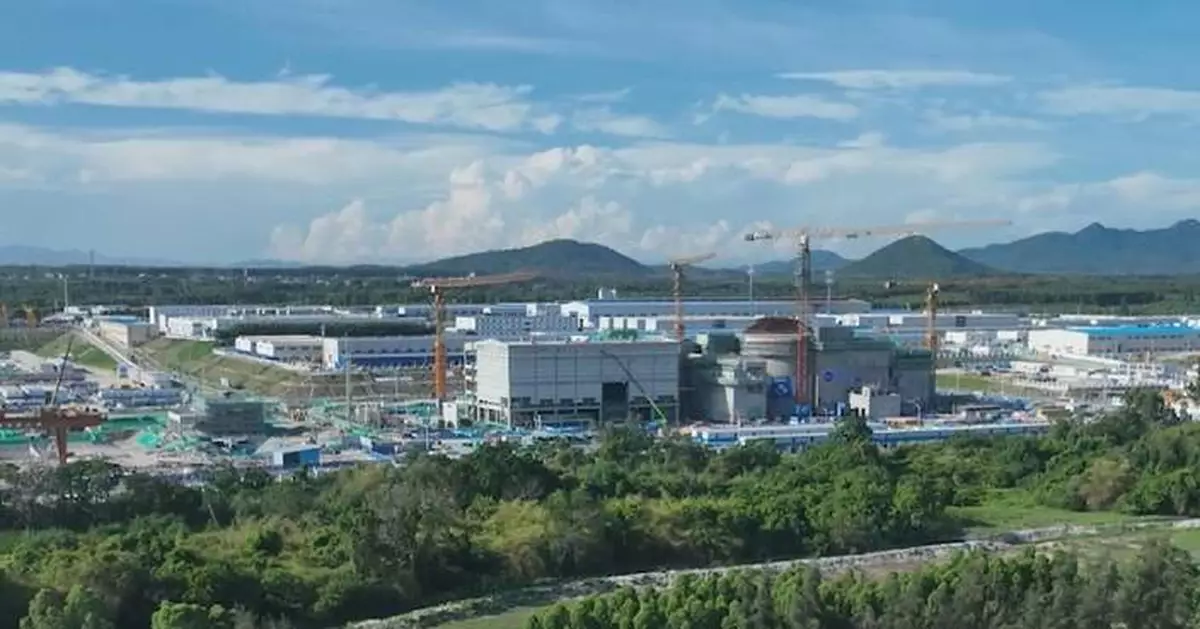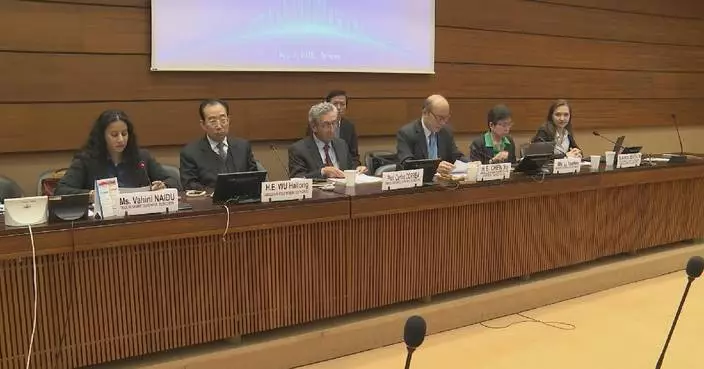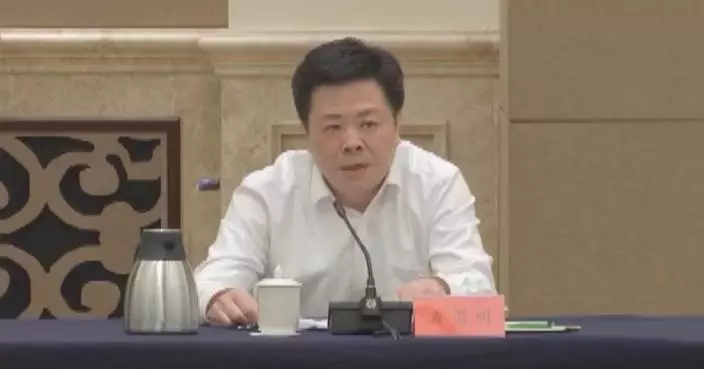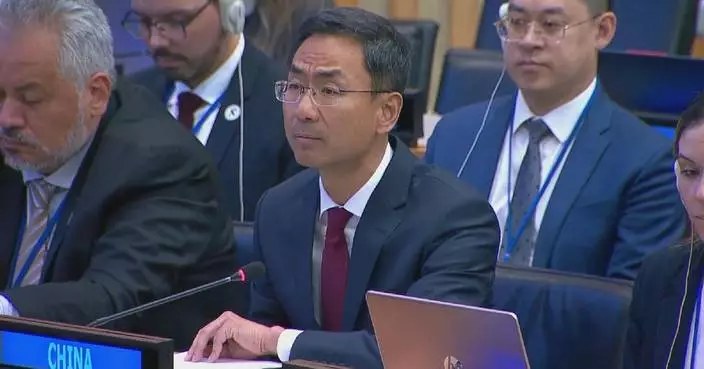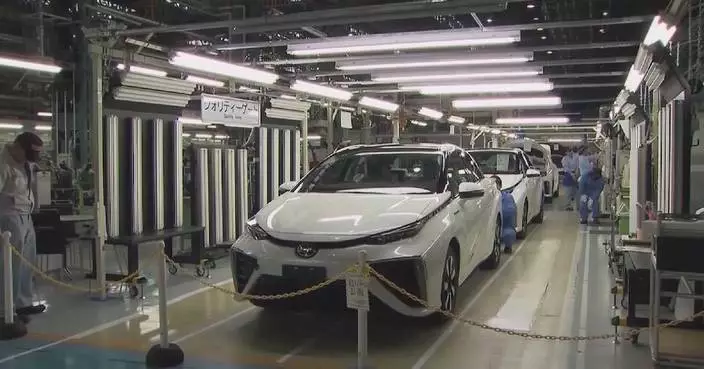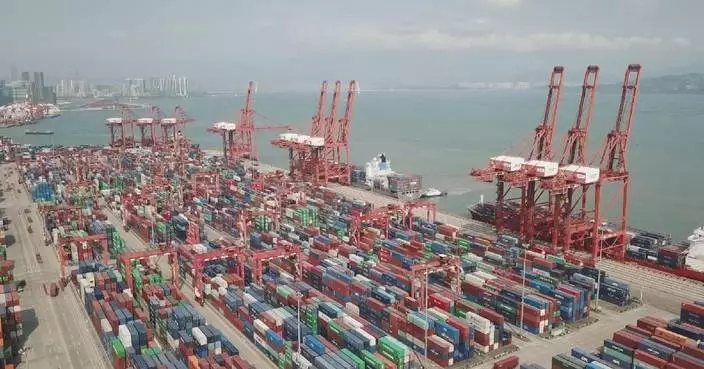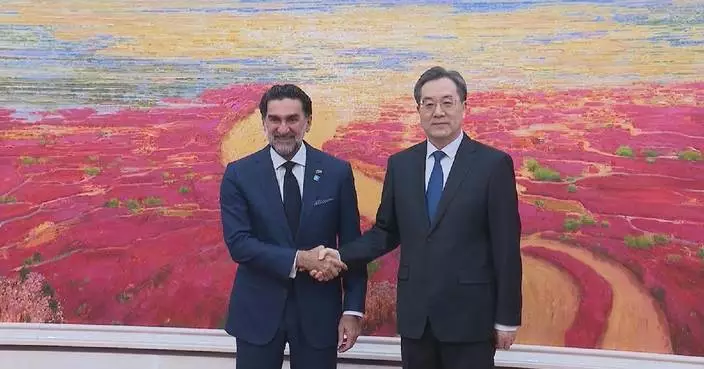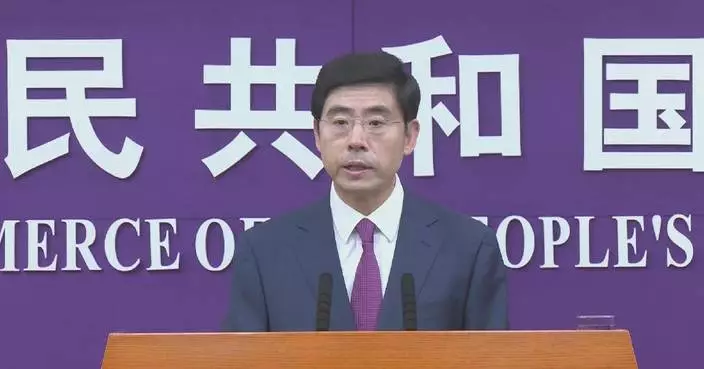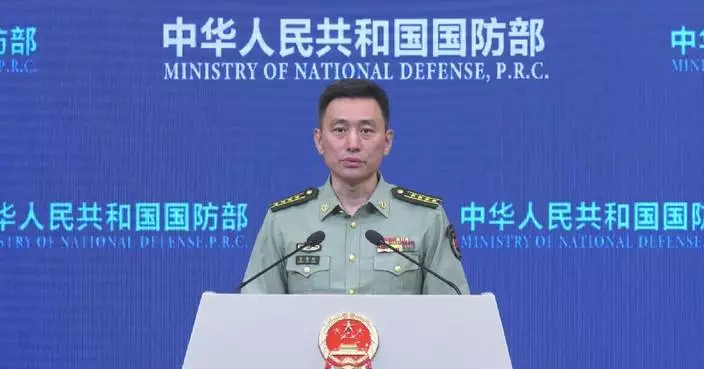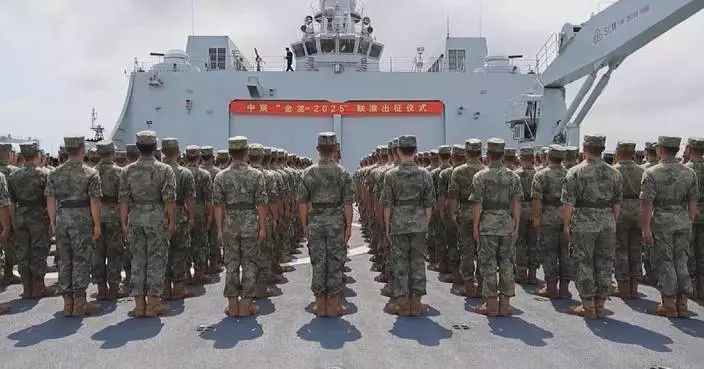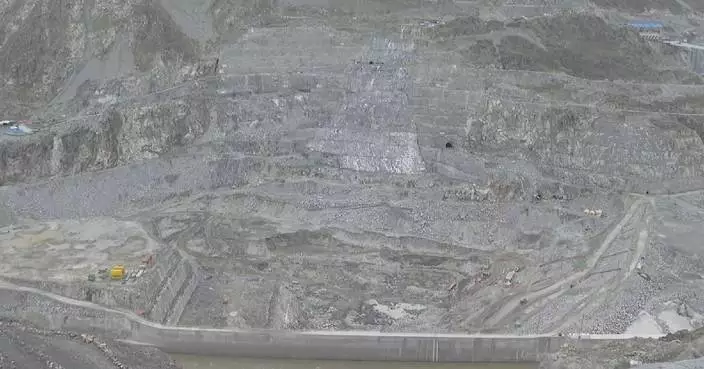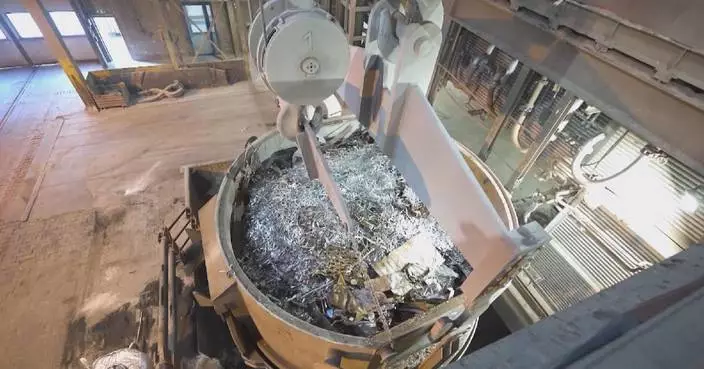The world's first commercial small modular reactor (SMR), Linglong One, is preparing itself to install the steam turbine generator set as the generator stator was successfully hoisted into position on Saturday.
Located in south China's island province of Hainan, Linglong One is a multi-purpose small modular pressurized water reactor self-developed by China National Nuclear Corporation (CNNC).
The Linglong One generator consists of a stator, rotor, cooler, and two bearing boxes. The generator stator is approximately 6 meters long and has a net weight of over 130 tons, making it one of the key core components of the set.
Assembly of the core module of the reactor was completed in August, 2023. After its main structure construction finished in February this year, the main control room officially went into operation three month later.
With integrated design, the core module of Linglong One can allow the small nuclear reactor with only one-tenth the size of traditional commercial reactors to generate more electricity with less nuclear fuels.
The modular small reactor has a simplified system and small size, which is convenient for transportation and operation.
Its core module, dubbed the "heart of Linglong One," is a highly integrated piece of pressure vessel, steam generator, primary pump receiver and other critical equipment.
"The core module features the first domestically designed shielded main pump, eliminating the need for complex piping. Linglong One utilizes a direct current steam generator, which is less than one-fifth the size of the 20-meter tall generators used in large nuclear reactors, making it more compact and efficient," said Yao Liang from Hainan Nuclear Power Co., Ltd. under the CNNC.
Compared with traditional thermal power stations, Linglong One enjoys higher production efficiency while consuming less resources.
Generally speaking, both thermal power station and nuclear reactor are steam driven. They transform heat energy into electricity power. They heat water, convert it into steam to rotate turbines which drive electric generator. However, they use different source to convert water into steam. Thermal power plants burn coal to heat water, while nuclear power plants use nuclear fuel.
"The annual consumption of a standard 300,000-kilowatt thermal power plant is approximately 1 million tons of raw coal whose transportation requires 20,000 rail cars. In contrast, Linglong One can realize one-third of that generating capacity with less than 8 tons of nuclear fuel which only needs to be replaced every two years and can be transported by just one truck. Once operational, Linglong One can generate up to 1 billion kWh of electricity per year, enough to meet the needs of 526,000 households in Hainan," said Yao.
Linglong One is scheduled to start operation in 2026. By then, it will be applied in multiple scenarios including urban heating, seawater desalination, and oil extraction.
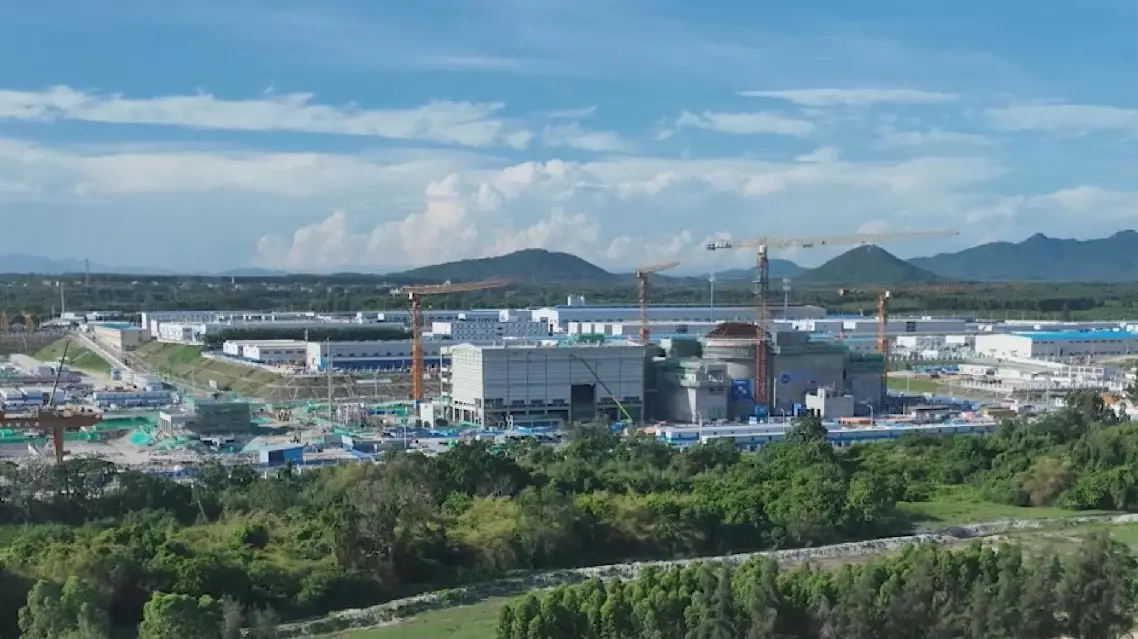
China's Linglong One starts installing component of generator set
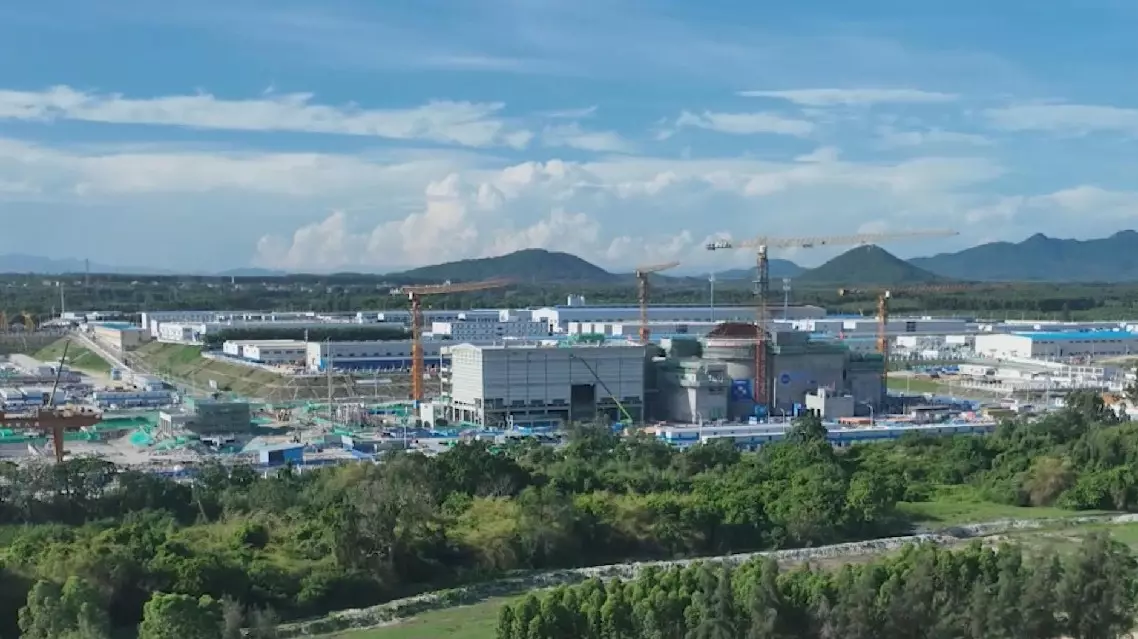
China's Linglong One starts installing component of generator set


